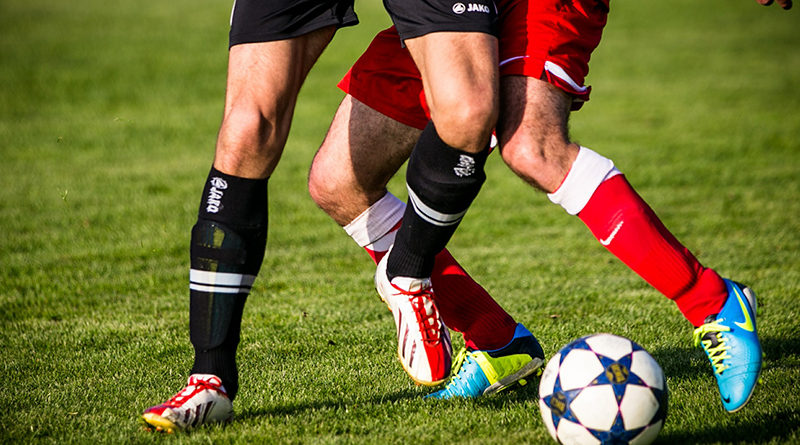Quiz: Football idioms
Die Fußball-WM 2018 in Russland hat begonnen! Die Sportart, wie wir sie heute kennen und lieben, wurde jedoch in England geboren. Das zeigt sich auch heute noch in der Sprache: Viele englische Ausdrücke und Redewendungen kommen aus dem Sport. Wenn Sie wie wir schon vom Fußballfieber gepackt wurden, testen Sie Ihr Wissen doch einmal in diesem Quiz rund um den beliebten Sport.
By Siobhan Bruns
This summer, it won’t be just the Democrats in Congress investigating what’s going on in Russia. Russia is hosting the World Cup from June 14 to July 15, 2018. With over 4 billion followers, football (or soccer, as we say in the US) is easily the world’s most popular sport. Although historical records of the sport can be traced back to China, Ancient Greece and Rome, and maybe even Central America, the game we know today was born in England and it shows in the language. Many English idioms come from the sport. Take our football idioms quiz and see how many you know.
1. Someone who is very quick to respond and is very aware of new ideas and methods is …
a) like a ball.
b) on the ball.
c) following the ball.
d) kicking the ball.
2. To change the rules in order to make it more difficult for someone who is trying to do something is to …
a) move house.
b) move across the field.
c) move the goalposts.
d) steal the goalposts.
3. A strategy worked out in advance is a …
a) match plan.
b) bad plan.
c) theater plan.
d) game plan.
4. To be aware of the essential facts of a situation is to …
a) know the score.
b) write the score.
c) hear the score.
d) hear the game.
5. To begin a process or to get something started is to …
a) kick the ball.
b) begin the game.
c) get the ball rolling.
d) get the game rolling.
6. A newly introduced element or factor that changes an existing situation or activity in a significant way is a …
a) nappy changer.
b) diaper changer.
c) game adjuster.
d) game changer.
7. To tell people publicly about something bad that someone is doing is to …
a) blow a trumpet at someone.
b) blow a whistle on someone.
c) throw a whistle at someone.
d) throw a football at someone.
8. To observe a situation rather than be directly involved in it is to …
a) watch from the sidelines.
b) watch television.
c) look at your watch.
d) watch from the bleachers.
9. An issue that is the subject of controversy or continued disagreement is a …
a) artistic football.
b) political football.
c) scientific football.
d) philosophical football.
10. To give your complete attention to a particular activity or environment is to …
a) keep your foot on the ball.
b) keep your hand on the ball.
c) keep your leg on the ball.
d) keep your eye on the ball.
––––––––––––––––––––––––––––––––––––––––––––––––––––––––––––
Answers
1b • 2c • 3d • 4a • 5c • 6d • 7b • 8a • 9b • 10d
| Photo: Pixabay






